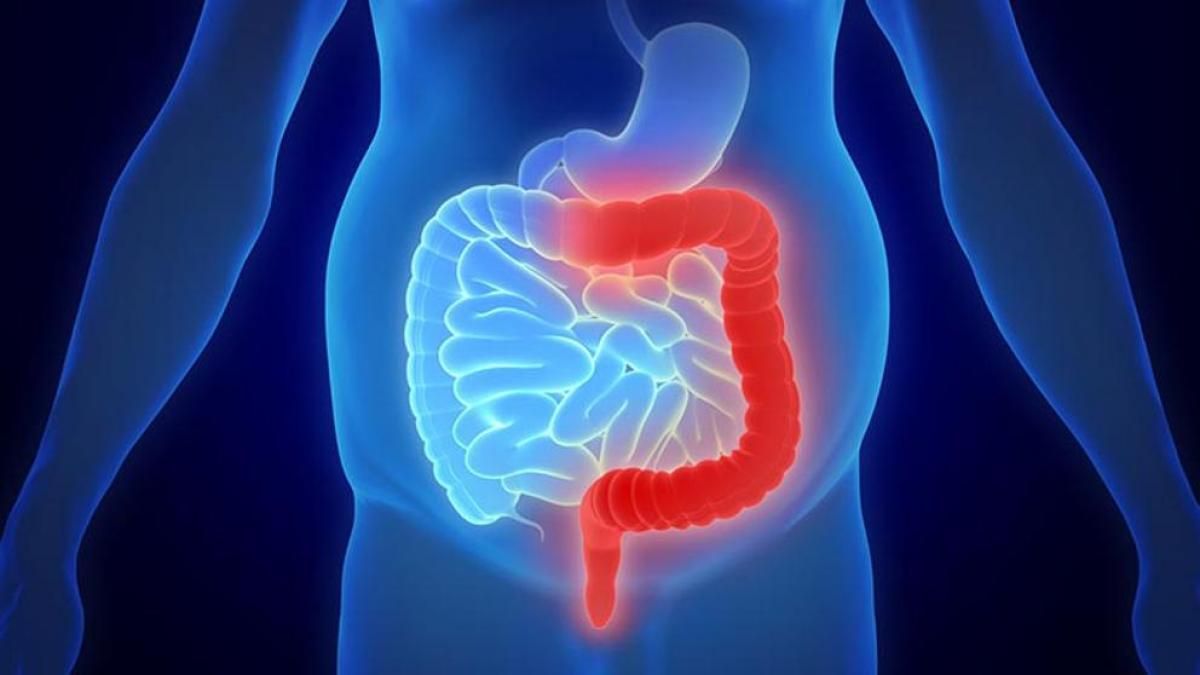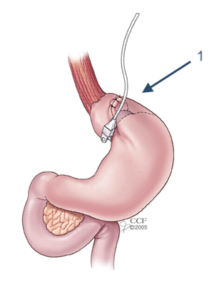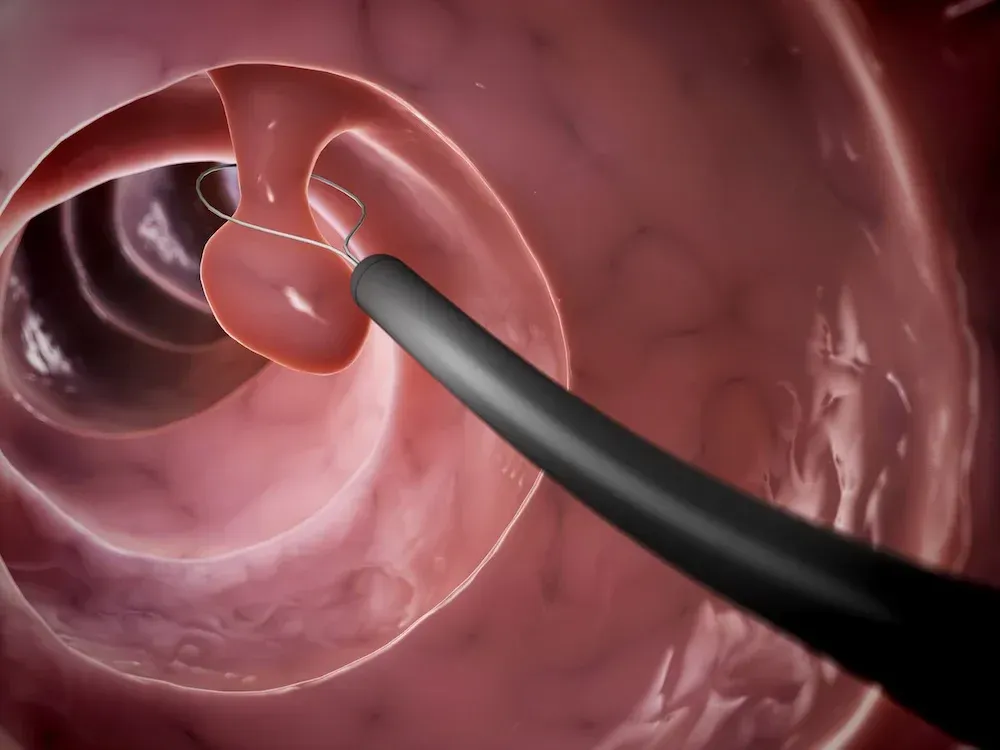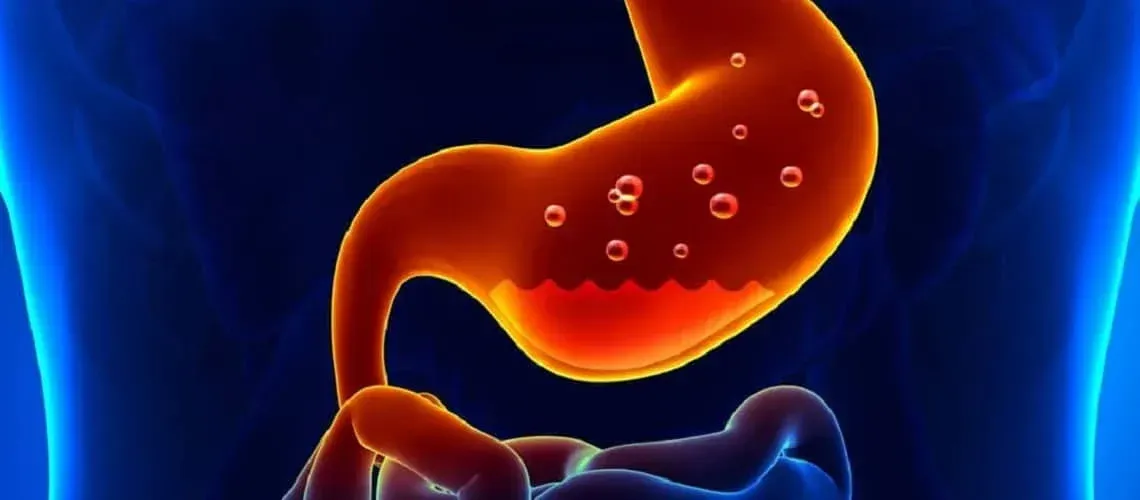What's the Best Probiotic?
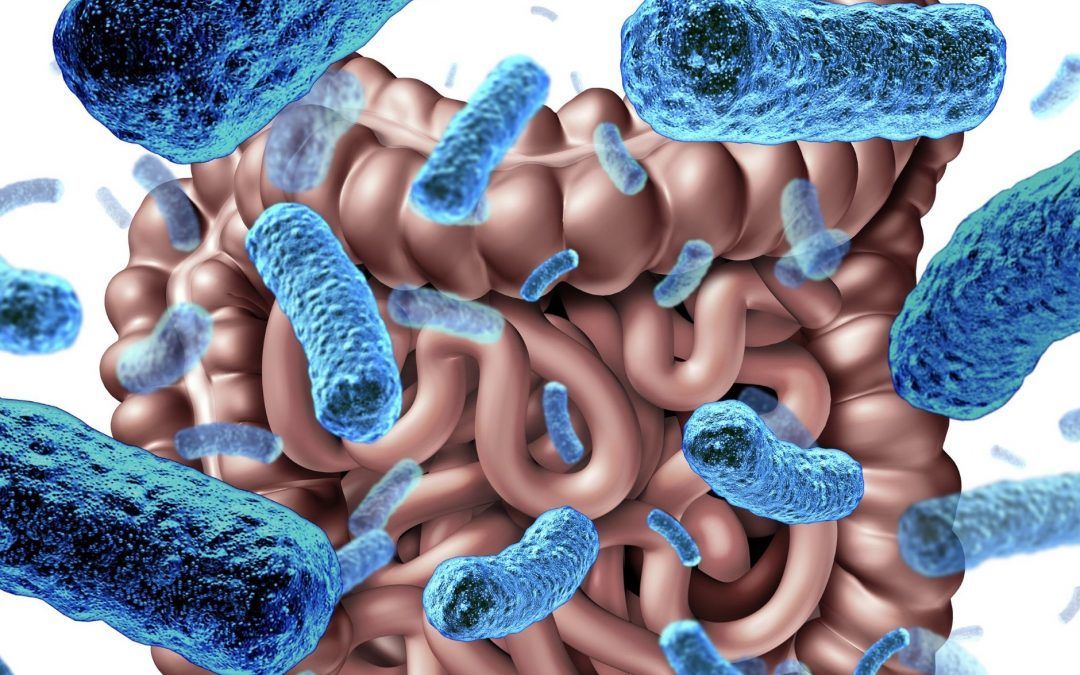
Probiotics are live bacteria and yeasts that live inside our gut and can produce beneficial effects such as reducing inflammation. Probiotic products provide the “good” bacteria to help diversity the gut. It’s normal and expected for the human body to have the “good” and the “bad” however, it’s all about a healthy balance and diversity.
Probiotics may aid to diversity the gut and therefore improve its health. A healthy gut can improve symptoms such as constipation, bloating and gas, and diarrhea. And even more, can help reduce inflammation in the body. The goal of the bacteria and yeast is to produce what’s called postbiotics. Postbiotics such as short chain fatty acids (SCFA) and vitamins such as Vitamin K and B are some key end goals.
Many forms of probiotics exist however when considering which probiotic is best, it may be fully dependent on your current circumstance. If it’s just a day to day product, many may want to consider getting their probiotics via fermented foods such as kefir, kombucha, or sauerkraut. However, if the taste is not too pleasant, a capsule form may be best.
The range of CFU may range from 1 million to over 200 billion which may make it more confusing toward what is best. And even more, should the spore form or regular form be priority? The truth is, regular probiotics with a low dose may be sufficient for some. However, those who are experiencing gut dysbiosis may benefit from a “stronger” dose or type for a certain period of time. For example, a strong probiotic incudes the spore form since it has a layer of protection which allow most of the bacteria to survive the journey to the gut. Or a higher dose may increase the probability of sufficient bacteria surviving to do the job.
The type of bacteria will depend on the situation and working closely with a gut health registered dietitian nutritionist can help create a plan that best meets the patient’s needs.
Lastly, taking probiotics via food or supplements can be a great way to improve the health of the gut however, because they’re alive, they do eat. What do they eat? Fiber. In order for the probiotics to work at their full potential, fiber intake via fruits, vegetables, and legumes must also be priority. Supplements can help as well such as psyllium husk.
So what’s the best probiotic? The answer will is based on your unique situation but starting with fermented foods or a low dose probiotic capsule may be enough.
The post What’s the best probiotic? appeared first on Gastro SB.





